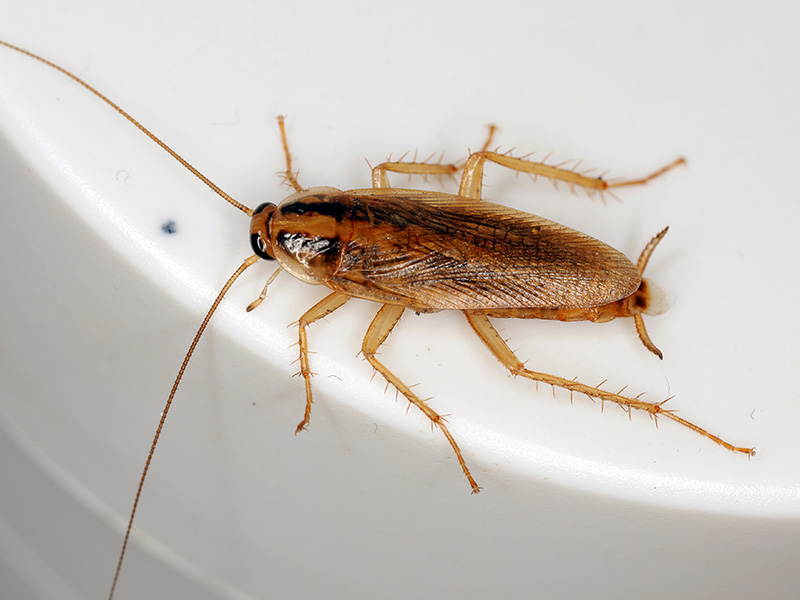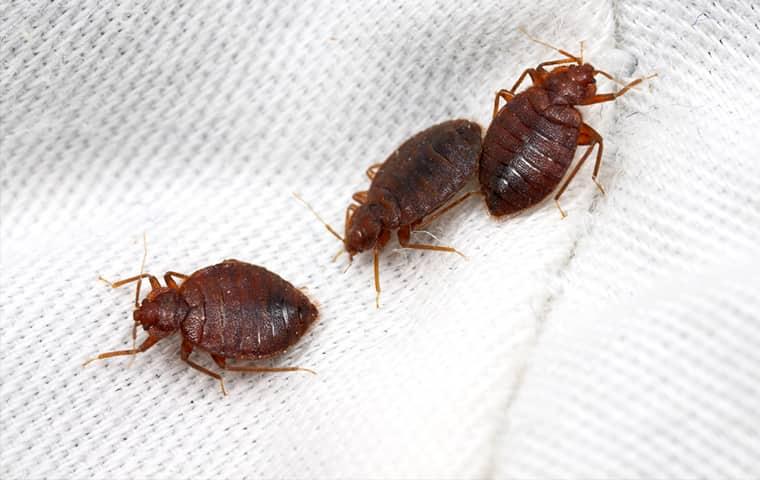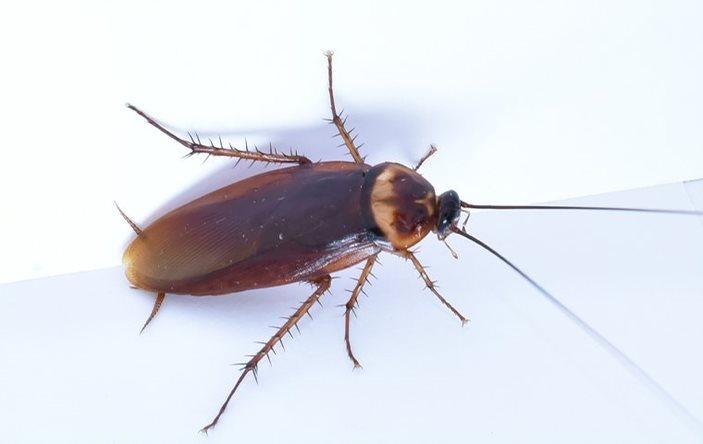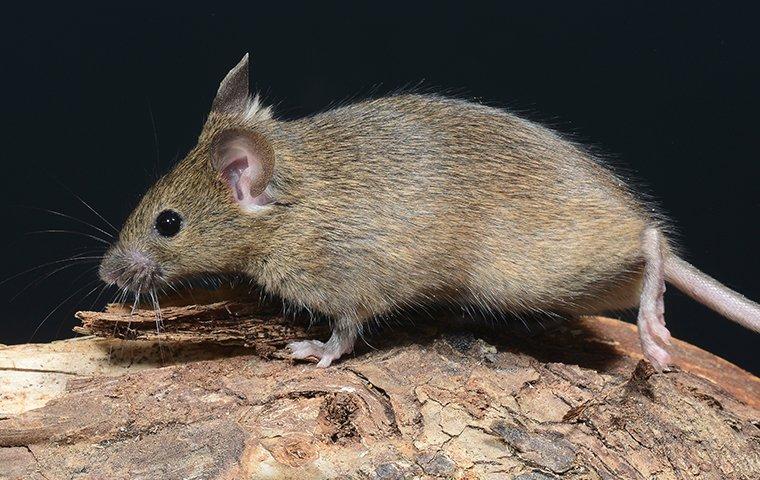A Guide To The Types of Flies Around Jacksonville
Sep 10, 2020
Have you ever been relaxing in the quiet and suddenly heard a slight buzzing sound circling your head? Or you reach over to grab a piece of fruit only to discover a horde of insects emerging from its flesh? Flies can be such annoying little creatures. There are many different types of flies throughout the states, but here in Jacksonville, we deal mainly with house flies, fruit flies, and bottle flies (commonly called blowflies).
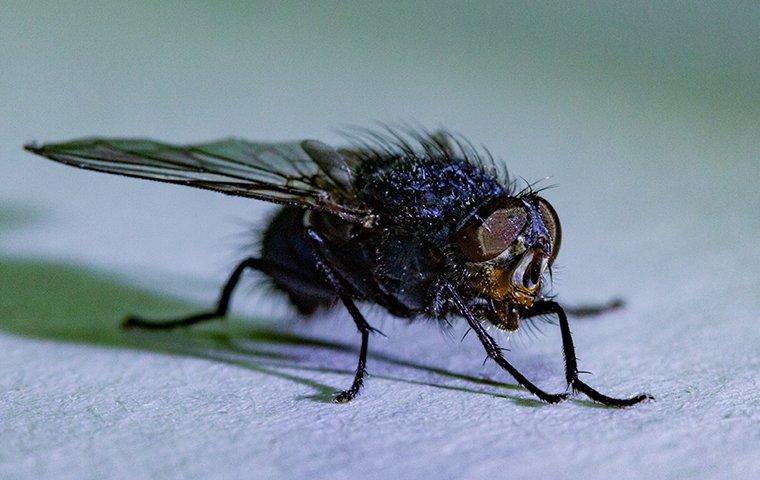
Identifying Flies
House flies are normally gray and have four black stripes on their thorax. The adults have slightly hairy bodies that are about ⅛ to ¼ inches in length. Female house flies are usually larger than their male counterparts. House flies do not have teeth or a stinger, but they do have wings and compound red eyes which contain thousands of individual lenses enabling them to have wide peripheral vision.
Fruit flies get their name from their fondness of fruits and their diminutive size. They are approximately ⅛ of an inch in length and have six legs. Their bodies are small and oval, and they sport a tan/light abdomen.
Bottle flies are usually larger than house flies and fruit flies. They are metallic green and copper green in color. Their eyes compound eyes are large and reddish-brown. They have black legs, antennae, and clear wings with brown wing veins.
Dangers of Flies
Flies very rarely sting or bite. However, their danger lies in the fact that they will often land on rotten food, dead animals, feces, and trash. In frequenting those places, they pick up and spread diseases that can be very harmful to humans. Some of those diseases are typhoid fever, cholera, and dysentery. Typhoid fever can be contracted through eating or drinking salmonella typhi bacteria in contaminated food. Symptoms include a high fever, stomach pains, diarrhea and vomiting, headaches, skin rash, and weight loss.
Cholera is an intestinal infection and is caused by ingesting a bacteria called Vibrio cholera. The symptoms include severe gastrointestinal problems, abdominal pain, and dehydration.
Dysentery is one of the more common diseases that you might get from bacteria passed to you by a housefly. It is an inflammation of the intestine that causes bloody diarrhea, abdominal cramping and pain, indigestion, nausea, and vomiting.
Fly Prevention Tips
Here are some steps that can be taken to help prevent a fly infestation in your home:
- Fit fly screens to windows, especially around kitchen and waste areas.
- Cover food. Flies spread diseases by landing on food before we eat it.
- Clean up food debris and liquid spills, mainly under kitchen units and appliances.
- Ensure all dustbins and internal bins have sealed lids.
- Clean up after pets. Pet feces are a perfect breeding place for flies; they may also land there before landing on your food.
- Deny flies access to your home. After dark, keep windows and doors closed, and block out any light with a curtain.
- Keep your lawn mowed short. Tall foliage attracts flies to your home
- If you have a pond, use it to your advantage. Introduce goldfish and they will eat the fly larvae.
Professional Fly Control
Even though there are preventative measures you can take to reduce the chances of a fly infestation, it can still happen. Once flies find reliable food sources, they will reproduce quickly and can be difficult to control. In the end, it's always best to reach out to the professionals. Our experts at Lindsey Pest Services have the experience and the tools to solve all of your pest problems. Contact us today to schedule your free inspection.









